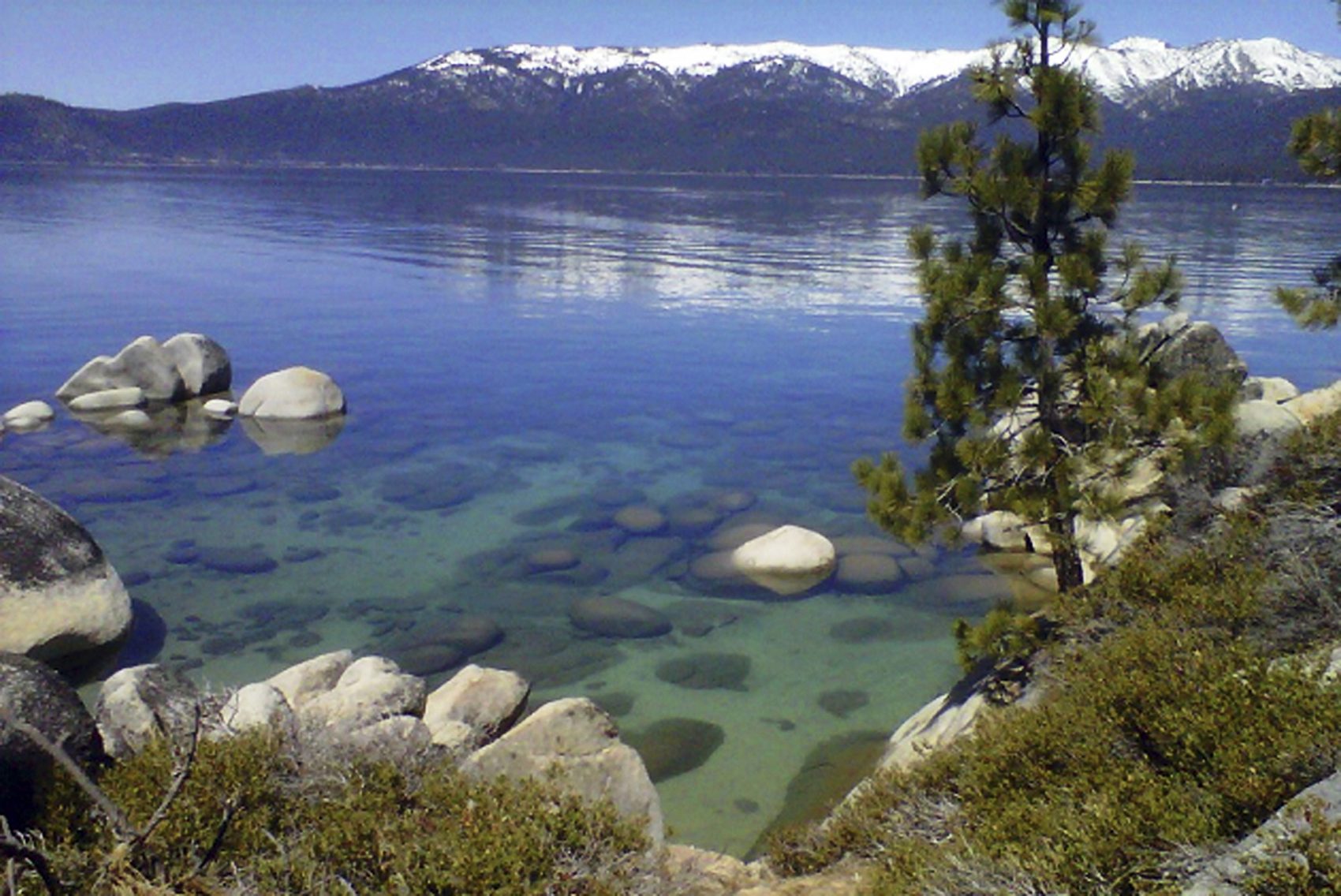Advertisement
Commentary
Will Trump Resort To Climate Censorship?

“Evidence for a changing climate abounds,” states the draft Climate Science Special Report that circulated on the internet this week, “from the top of the atmosphere to the depths of the oceans.” A cornerstone of the quadrennial National Climate Assessment, the new report reconfirms what we already knew about the warming climate, and in so doing creates a political quandary for the Trump administration.
Above all, the report strengthens the signal that has been coming out of climate research over the past few decades. New data from thousands of studies have yielded a climate picture in sharper focus. While there’s nothing unfamiliar here, there is further evidence that, indeed, global mean temperatures are increasing and, critically, that human activity is the primary cause. In their words, “Many lines of evidence demonstrate that human activities, especially emissions of greenhouse (heat-trapping) gases, are primarily responsible for recent observed climate changes.”
The Trump administration has yet to comment on the report, but, since taking office, they’ve been cavalier about climate change. The rhetorical shield they’ve deployed allows for the reality of climate change while contending that the human influence on it is unknown. “Measuring with precision, from my perspective, the degree of human contribution is very challenging,” said EPA Administrator Scott Pruitt this week. Both Energy Secretary Rick Perry and Interior Secretary Ryan Zinke have taken this same stance when challenged to clarify their positions.
Repudiating yet another compendium of ominous climate data shouldn’t be a major hurdle for an administration so well-versed in tuning out science that doesn’t jibe with its energy policy. After all, Trump pulled out of the Paris Agreement in the face of criticism from a long list of world leaders and loud protests from a host of prominent business leaders. Trump’s base undoubtedly thinks the report is more alarmist hysteria from the left. Politically, this should be a nothing burger.
But the problem for Trump is that the law requires the release of a climate assessment every four years ...
But the problem for Trump is that the law requires the release of a climate assessment every four years, and the administration has to sign off on it. They can approve it either as it is currently written or with changes from the political team in the White House.
In the case of the Paris Agreement, Trump avoided a head-on denial of the scientific consensus by arguing that the deal was not in America’s economic interest and that its approval would cede control of our energy policy to foreign governments. But now there’s no way to dodge the central issue because the report explicitly states that burning of fossil fuels is the primary driver of climate change. Acceptance of that premise is anathema to this administration.
If Trump decides he can’t stomach approving the report in its current form, he’ll have to remove or alter the parts he finds objectionable. With a draft already in circulation, the changes in the final version will be glaring. That would open the administration to charges of not just climate denial but outright censorship. Science is supposed to steer policy, not vice versa.
Conversely, endorsing a report that fingers the world’s oil, gas and coal industries as the chief culprits in the climate crisis could impede some policy initiatives that are dear to the administration.
Science is supposed to steer policy, not vice versa.
For starters, the EPA has already agreed to review automobile fuel efficiency standards at the request of the auto industry. Resounding evidence of the direct link between burning gasoline and global warming hurts the agency’s case, especially if they’ve just approved the finding.
On another front, Rick Perry has hinted that state laws mandating adoption of renewable sources for power generation may jeopardize national security. As far-fetched as that may sound, it becomes even less tenable given the content of the climate assessment.
Sanctioning the report could also undercut Trump’s support for the faltering coal industry. Opponents of coal will undoubtedly pick up on the finding that more than 80 percent of the world’s reserves would have to remain in the ground in order to limit warming to 2 degrees Celsius by the end of the century.
So the administration faces a dilemma. They can make substantial changes to the report before releasing it and hope to weather the political fallout that ensues. The alternative is to accept the scientific findings, and then try to pursue their energy policy as if the report didn’t exist. They would argue that the economic impact of corrective action outweighs the benefits of mitigation.
Either way, the draft climate assessment is yet another source of inconvenient truth that the Trump political machine must soon confront.
